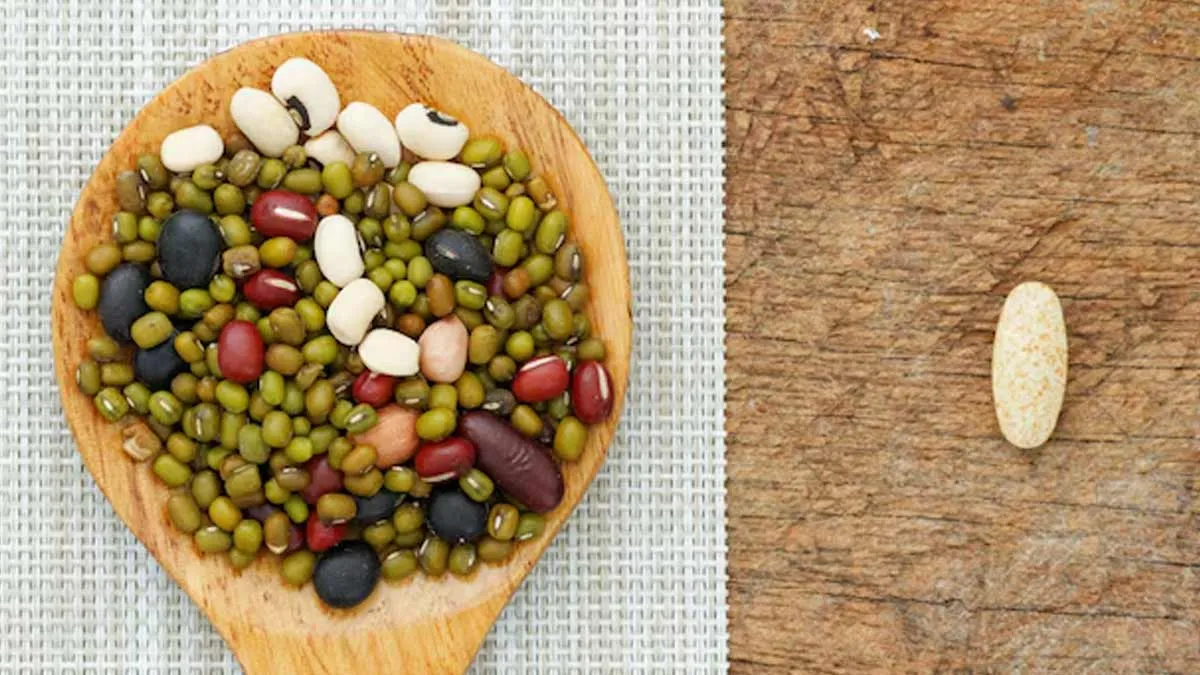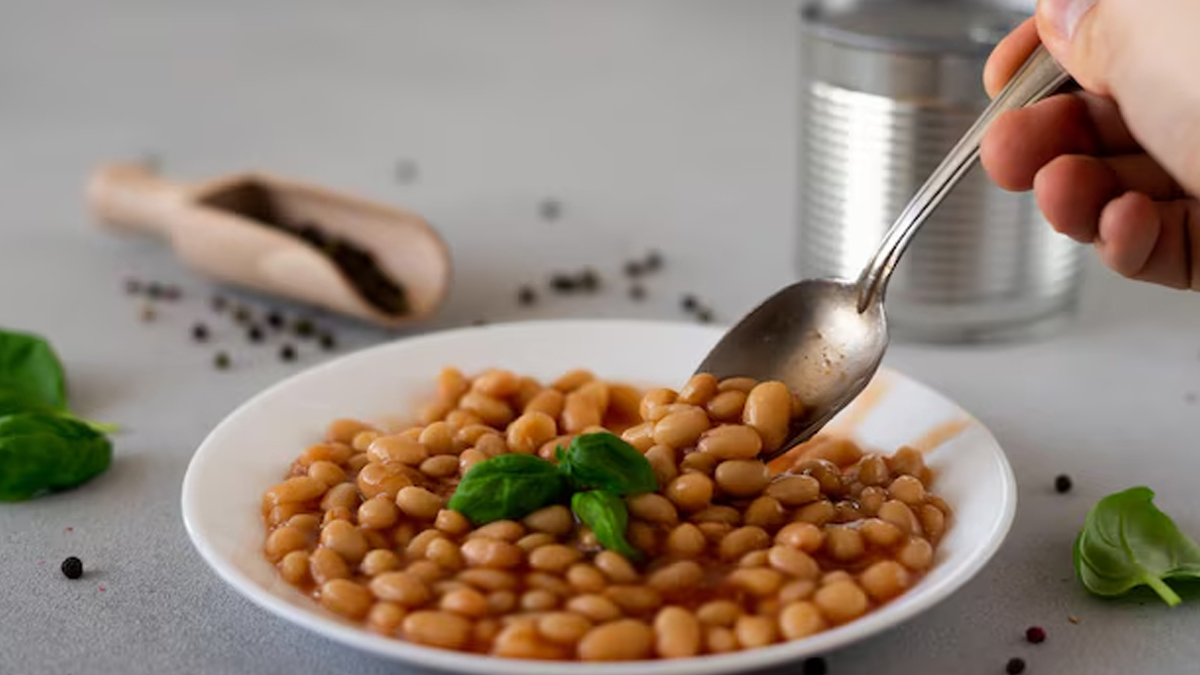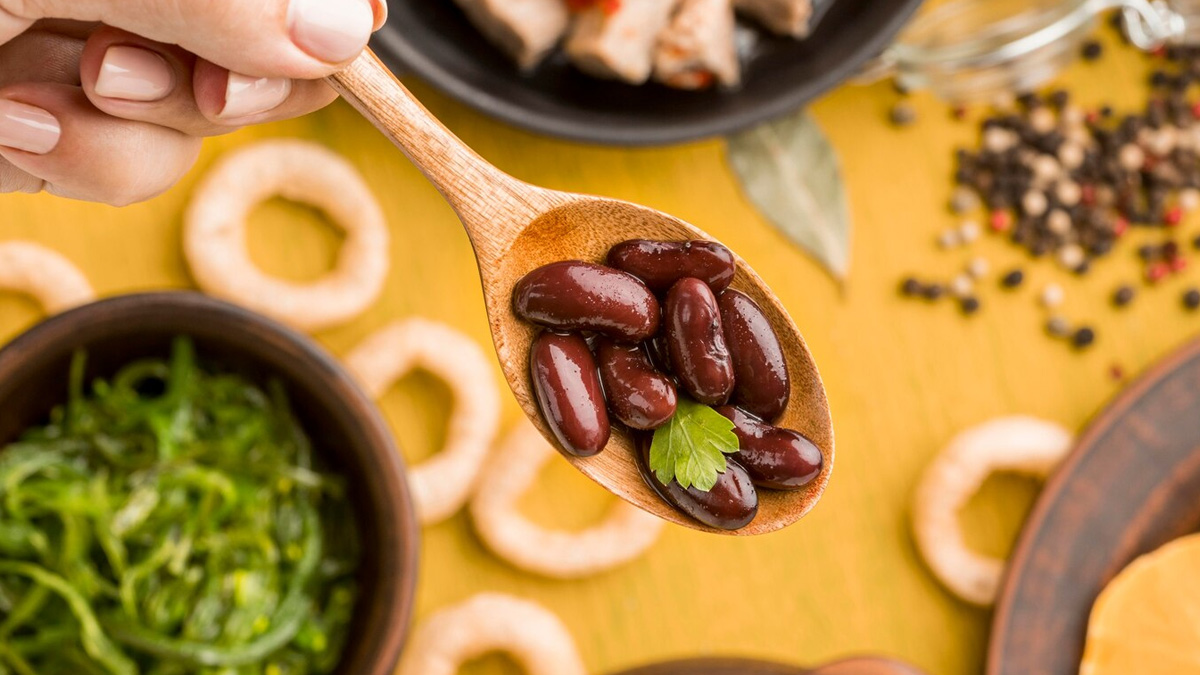
Diabetes is a chronic condition that can affect nearly every aspect of your life, from increasing the risk of heart disease and nerve damage to restricting your everyday diet. But before developing diabetes, the body often gives an early signal: prediabetes. It’s a silent warning that your blood sugar levels are higher than normal but not high enough to be diagnosed as type 2 diabetes, providing an important window to take preventive action.
Table of Content:-
While several foods are recommended for managing blood sugar, one food item that often leaves people wondering is beans. Packed with protein, fibre, and complex carbohydrates, beans can raise questions about whether they're truly safe or helpful for people with irregular blood sugar levels, especially when one is prediabetic.
Also Read: Should You Track Your Blood Sugar Levels Even Without Diabetes?
What Is Considered As Prediabetes?

Prediabetes is a condition where blood sugar levels are higher than normal but not high enough to be called type 2 diabetes. It occurs when the cells in your body do not respond to the hormone insulin. This stimulates the hormones to make more insulin. Eventually, they can't produce any more insulin, leading to increased blood sugar levels.
The World Health Organization (WHO) defines prediabetes in two ways: either your fasting blood sugar falls between 110 and 125 mg/dL, or your sugar level two hours after having a sugary drink (during a glucose test) falls between 140 and 200 mg/dL.
Diet And Diabetes Management
Eating a well-balanced diet is key to effectively managing blood sugar levels in the body. According to the American Diabetes Association (ADA), a healthy eating plan constitutes:
- Non-starchy vegetables as a foundation for the plate
- Lean proteins and plant-based sources of protein
- Quality carbohydrates like starchy vegetables, fruits, whole grains, and low-fat milk
- Less added sugar
- Healthy fats
- Less processed foods
- Water or zero-calorie beverages
What Role Do Beans Play In Reducing Blood Sugar Levels?

Beans are actually edible seeds that belong to the legume family, Fabaceae. They are versatile and extremely nutritious foods that come in several varieties.
Speaking with the OnlyMyHealth team, Dr Saurish Hegde, MD – Community Medicine, Public Health Specialist, Author, and Founder of Food Chain Campaign, shares, "Beans are a highly nutritious vegetable with proteins, minerals, vitamins and fibres. Its high fibre content gives it a low glycaemic index, which means that there is a sustained release of glucose to the body after consuming them."
This means that there is no sudden spiking of the glucose levels in the blood.
"Glucose spiking causes the pancreatic cells to get stimulated and secrete insulin, which balances the rising glucose levels. In prediabetics, the insulin production is reduced because of damaged pancreatic cells; hence, a sudden spike in glucose levels can cause damage to the body," Dr Hegde explains further.
Therefore, foods like beans, which don't spike the glucose levels too much, have to be consumed.
Also Read: RSSDI Study Shows Yoga Prevents Diabetes: 5 Yoga Asanas To Control Blood Sugar Levels
Risks Of Consuming Too Many Beans
Like all food items, consuming large quantities of beans can cause indigestion, bloating, and gas. Some of the common reasons include:
- Large quantities of food take longer time to digest, leading to a feeling of fullness/bloating.
- High fibre content in foods like beans takes time to digest, and bacterial action releases gases in the stomach.
- Some people lack certain stomach enzymes, and when complex carbohydrates take longer to digest, gut bacteria step in, often causing gas and bloating.
- Beans have complex carbohydrates which take more time to get digested.
Hence, moderation is key. All of these issues can be prevented by consuming smaller quantities, cooking or steaming the beans well before consuming, and taking adequate gaps between two cooked meals.
How To Safely Incorporate Beans In Daily Diet

A good diabetic meal plan includes the right proportions of fibre, protein, and complex carbohydrates—something beans naturally offer in abundance. With their rich nutritional profile and versatility, beans make an excellent addition to both North and South Indian cuisines.
Health experts often recommend the DASH diet (Dietary Approaches to Stop Hypertension) for people with diabetes. This diet emphasises whole grains, vegetables, dals, lean proteins, and foods low in added sugars. Beans fit perfectly into this plan. However, if you're new to beans, it’s best to introduce them slowly. Here’s how to get started:
- Start with small portions and build up over time to help your digestive system adjust.
- Proper steaming or cooking can reduce digestive discomfort and improve nutrient absorption.
- Rotate between kidney beans, black-eyed peas, rajma, chana, and moong to keep your meals interesting and nutrient-rich.
- Sourcing beans locally ensures better freshness and fewer preservatives, making them a healthier option.
A Final Word
If you’re prediabetic, it is even more important to adopt certain lifestyle and dietary changes to reverse the condition. With their fibre-rich content and low glycaemic index, beans are an easy, affordable, and highly beneficial food to include in your everyday diabetic meal plan. However, moderation is very important, and alternating between different types of beans and understanding which works best for you is crucial.
Also watch this video
How we keep this article up to date:
We work with experts and keep a close eye on the latest in health and wellness. Whenever there is a new research or helpful information, we update our articles with accurate and useful advice.
Current Version